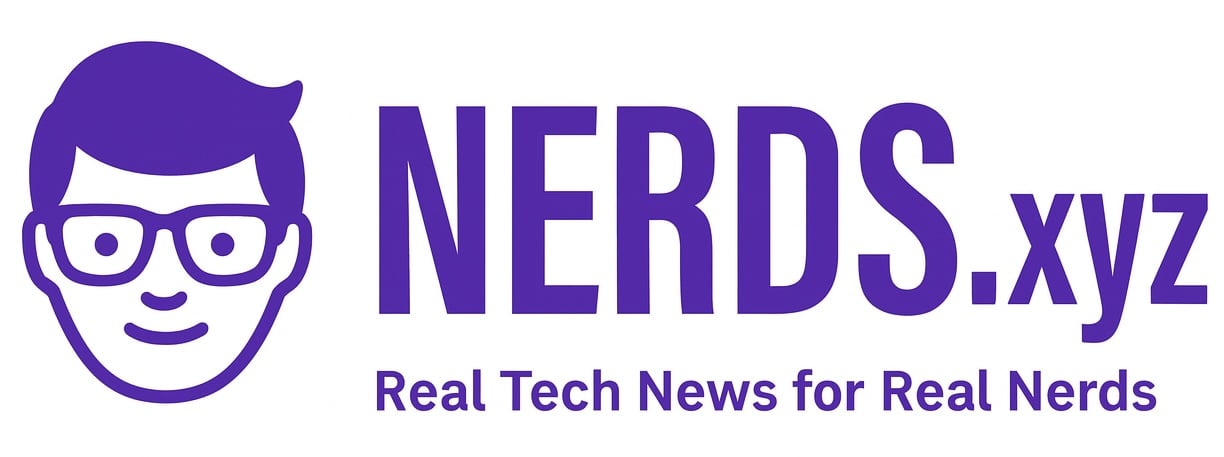
The U.S. government is once again sounding the alarm about Iranian hackers, warning that critical infrastructure and high-value American targets are in their sights. A new joint advisory from CISA, the FBI, the NSA, and the Department of Defense Cyber Crime Center says Iranian-affiliated groups are actively probing for weaknesses. The concern is not just theoretical. These groups are capable, motivated, and ready to strike. Officials are urging organizations to prepare, but many are still not paying attention.
According to the advisory, these hackers are using a mix of custom malware, stolen credentials, and known vulnerabilities in outdated software. Government-connected systems are obvious targets, but private companies are often even more vulnerable. The attackers are patient. They rely on the fact that so many networks are poorly maintained or neglected entirely.

Nerds might not need antivirus. But for your family’s PC, Bitdefender is a solid choice .
It is frustrating to see how little urgency there is around these threats. If a power grid gets taken offline or a city’s water system is tampered with, people will demand answers. But that moment usually comes after the damage is done. There are still far too many systems with weak passwords, unpatched software, or default logins. This is not new. It is just ignored.
That is what gets me. We have seen this movie before. Hospitals have been hit by ransomware. City networks have been held hostage. Even oil pipelines have gone offline. Yet here we are again. Government agencies are warning the public, and many businesses are shrugging it off. Cybersecurity should be treated as a national security issue. Instead, it is often left to underfunded IT departments to check a few boxes.
The advisory highlights attack methods like phishing and exploiting public-facing apps. These are not advanced tricks. They are basic tactics that have worked for years. The fact that they still work so well says more about us than about the attackers.
Not every organization can afford a full security team. But skipping two-factor authentication or ignoring security updates is not a funding problem. That is carelessness. Iranian hackers do not need high-end tools when the front door is wide open.
Some of the blame also falls on the tech industry. There is always a rush to release the next connected gadget or cloud-based service, but security is often an afterthought. From smart thermostats to industrial controllers, too many products are shipped with weak security settings or no guidance on how to harden them. That just makes it easier for bad actors to get in.
Cybersecurity only seems to make headlines when there is chaos. The moment a major system is compromised, the media scrambles. But the warnings that come beforehand, like this one, rarely get the attention they deserve. That needs to change. Public awareness matters.
This advisory should not be treated like routine noise. Iranian-backed hackers are not just poking around randomly. They are coordinated. They are probing for real-world impact. If federal agencies think this is serious enough to go public, then businesses, municipalities, and infrastructure operators should be treating it with the same urgency.
Look, cyber threats are not going away. Hell, they are evolving faster than most organizations can respond. We need to stop treating these alerts as background chatter. The next time something goes wrong, it might not just be a headline. It might be your electricity, your water, or even your ability to get medical care. Ignoring the risk is no longer an option.

